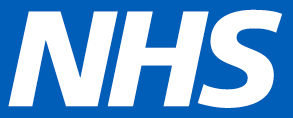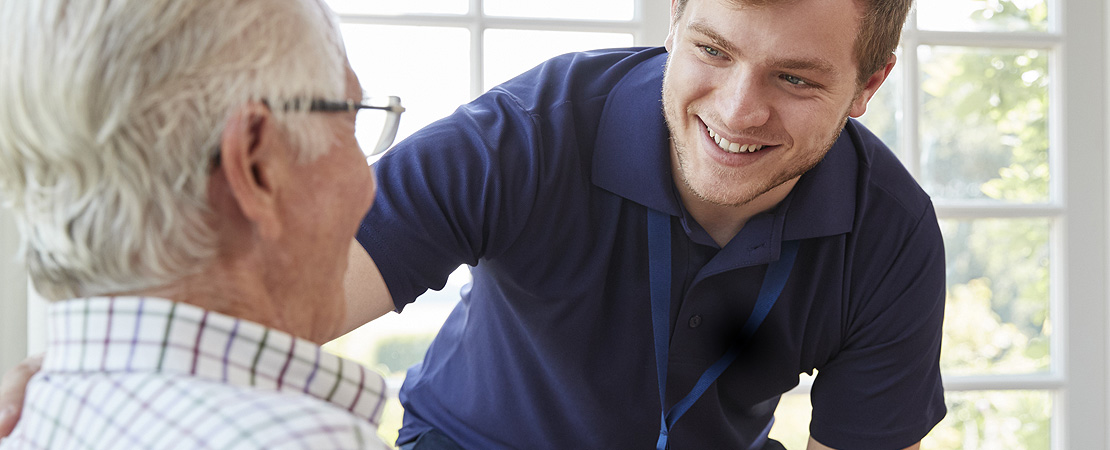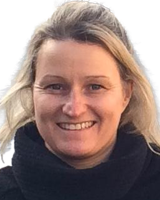This week (19-23 June 2023) is Pulmonary Rehabilitation Week. It has been running since 2016 and was designed to raise awareness of the existence and benefits of PR.
Now, unless you have first-hand experience of it, it is likely that you may not be too sure what PR is. So, allow us to set the scene…
- Pulmonary Rehabilitation (PR) is a programme of exercise, education, and lifestyle support for people with long-term lung disease (such as COPD, pulmonary fibrosis, or bronchiectasis) who experience breathlessness.
- It aims to help people better understand their lung condition, manage their symptoms more effectively and improve their wellbeing.
- It is run by a multidisciplinary team of health professionals, which might include physios, nurses, dieticians, psychologists, exercise professionals and support staff.
- It takes place in local hospitals, sports centres, community halls and even online.
- Groups usually have between 8-16 people in them, and courses last around 6-8 weeks.
PR has been shown to have huge benefits to both individuals by reducing their levels of breathlessness, helping them walk further and improving their normal day-to-day activities, as well as improving their quality of life. It has been shown to benefit the NHS by reducing admissions, reducing length of stay, and reducing visits to GPs.
So why - if it’s so great - did SCW need to get involved?
Well, despite its well-reported benefits, PR services don’t have it easy.
PR services have long struggled with capacity and experienced staffing challenges, leading to only small numbers of eligible patients being referred into the services.
Also, until relatively recently, there were no clear benchmarks or standards for what ‘good’ PR services looked like, which led to variations in quality across the country – and even within the same local area.
In 2018, the Royal College of Physicians (RCP) launched the evidence-based Pulmonary Rehabilitation Services Accreditation Scheme (PRSAS), with the aim of improving the quality of PR services throughout the UK. This has been a well-received programme, with over 130 PR services now either accredited or on their way to accreditation.
In 2022, we were approached by Gloucestershire ICB to support their PR service prepare for their PRSAS accreditation – a process that can take up to two years from start to finish.
Gloucestershire recognised that whilst the work to improve PR services was important, the clinical and operational staff were stretched and would struggle to prioritise the PRSAS process. As such, our role was to act as a critical friend to guide and support the PR team in their journey towards accreditation.
We worked collaboratively to see how and where we could really add value to them, their team and the people who needed their services.
A key part of our success was being able to empathise with them – clinician to clinician – about the challenges they were facing in being able to deliver high-quality care to all those who would benefit from it.
We helped to take the pressure off the team. We supported them to make sense of the standards and undertook a stock take of all their documentation, processes and procedures and catalogued it all. We were able to reassure where they were doing great work, but also reflect where there were areas for improvement. We also provided very practical support and produced updated versions of their key documentation to ensure it was aligned with PRSAS requirements.
A highlight of our support to the Gloucestershire team was the delivery of a PR away day. This event enabled the whole team to get together and provided them with the space they needed to develop a shared vision for the service and agree their future areas for improvement. This dedicated time and breathing space helped to reinvigorate the team and provided them with the direction they needed to move their service forward.
We are looking forward to continuing our work with Gloucestershire and helping them turn their vision into reality over the next 12 months.
To find out more,










